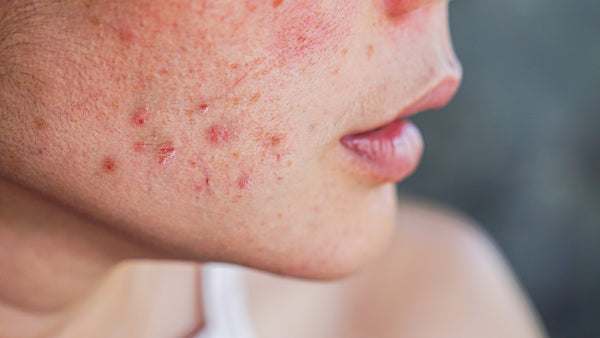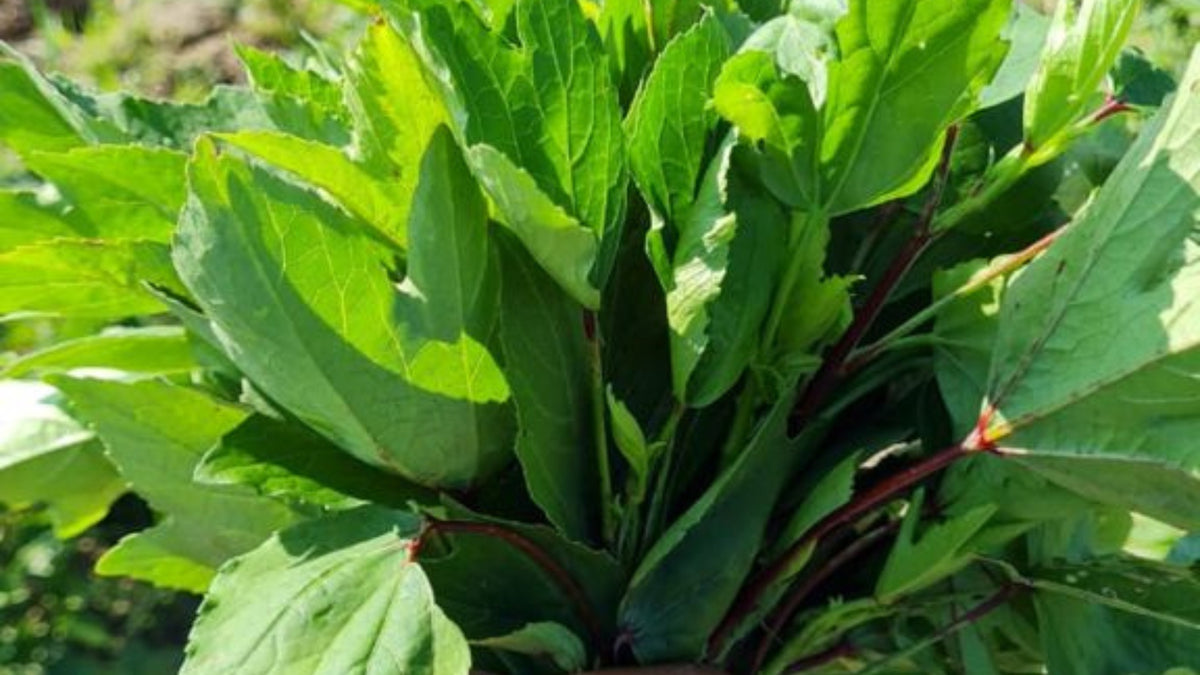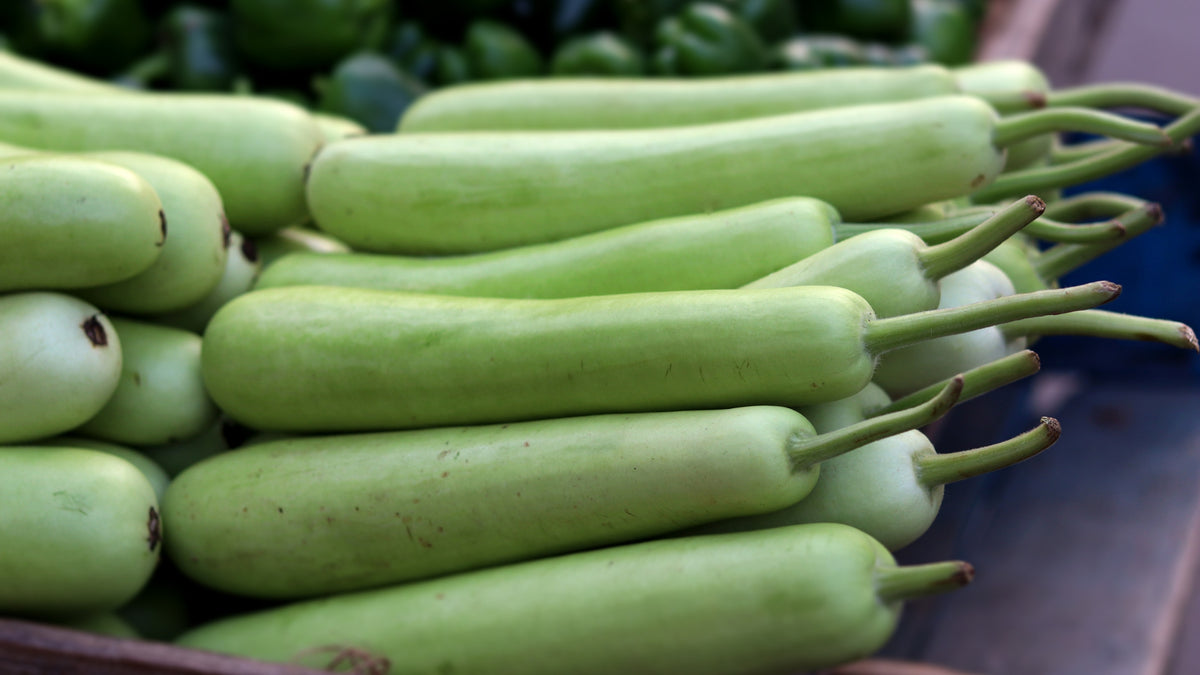
An Ayurvedic Solution for Acne

Acne is a common skin condition affecting millions of people around the world. Acne refers to the appearance of blemishes, or small, inflamed bumps, on the surface of the skin. Acne typically appears on the face, chest, or back but can appear anywhere on the body. While acne is mostly seen in teenagers it can affect anyone regardless of age, ethnicity, skin type, or gender.
Acne lesions are hair follicle that have become clogged with oil and dead skin cells and are known as whiteheads and blackheads. Ayurveda offers a holistic approach to healing that identifies the root cause and emphasizes the interconnectedness of mind, body, and spirit.
How Each Dosha Affects Acne
Ayurveda recognizes how the three doshas contribute to acne.
- Pitta Dosha:People with a dominant pitta dosha imbalance tend to have oily skin that is prone to breakouts with redness, inflammation, and pain, typically concentrated on the nose and cheeks. A pitta imbalance will be exacerbated by stress, hot and spicy foods, incompatible foods, anything that creates heat.
- Kapha Dosha: People with dominant kapha dosha imbalance lean toward sluggish digestion which causes an accumulation of ama in the body. This type can appear as oily skin, large whiteheads, and congestion, particularly on the forehead and upper cheeks. A kapha imbalance will be exacerbated by overindulging in sweet, heavy foods, like dairy and bakery products, and a sedentary lifestyle.
- Vata Dosha: People with dominant vata dosha imbalance tend to have dry flaky skin with blackheads, often on the lower face and jawline. A vata imbalance can be exacerbated by irregular eating and sleeping times, as well as excessive intake of cold dry foods like salads and raw foods.
Dietary Recommendations
Ayurveda emphasizes dietary and lifestyle changes to address the root cause of acne and promote overall balance within the body. A key component of Ayurvedic acne treatment is correcting the diet to help balance the dosha. An Ayurvedic practitioner will recommend a personalized plan based on your unique doshic imbalance. Here are some general guidelines.
- Fresh, Organic Whole Foods: The Ayurvedic approach emphasizes a diet rich in fresh, organic, cooked vegetables, fruits, whole grains, and legumes. Seasonal produce from local farmers is ideal.
- Dietary Monitoring: Pay attention to how you feel after eating. Maintain a log to identify potential food intolerances that contribute to indigestion.
- Spicy and Sour Foods: Take less amounts of spicy, sour, and salty foods, particularly for those with pitta-type acne.
- Meal Schedule: Eat a light breakfast, a moderate-sized lunch, and a light dinner, with at least three hours between meals. Snacking in between meals is not recommend, so be sure to eat enough to last until the next meal.
- Include Six Tastes: Everyday include all six of the Ayurvedic tastes, sweet, sour, salty, bitter, pungent, and astringent this will promote balance between all doshas.
- Hydration: Drink plenty of water or herbal tea throughout the day to promote hydration and cleansing. Sipping warm water is especially good for vata or kapha-type acne and room temperature water for pitta-type acne.
- Raw Dry Foods: Limit raw vegetables, salads, and dry, crunchy foods like chips, as they can be difficult to digest and will slow digestion down.
- Cold Foods and Drinks: Avoid frozen desserts and drinks, as they can weaken digestion.
Foods to Avoid: Limit yogurt, alcohol, coffee, vinegar, tomatoes, onions, garlic, and aged cheese, because they are sour, pungent or salty taste and therefore too heating.
Lifestyle Recommendations
In addition to dietary modifications, Ayurveda incorporates lifestyle practices to promote healthy digestion and elimination of toxins, which contributes to clearer skin.
- Regular sleep: Aim for 7-8 hours of sleep each night to allow the body to cleanse and rejuvenate.
- Stress management: Chronic stress can exacerbate pitta dosha and contribute to breakouts. Ayurvedic stress-reduction techniques include yoga, pranayama, meditation, and walks in nature.
- Aloe Vera Juice: Consume ½ cup of room temperature, organic aloe vera juice on an empty stomach each morning. For cystic acne, drink it twice daily.
- Turmeric Consumption: Regularly incorporate turmeric into your cooking due to its anti-inflammatory and antiseptic properties.
- Herbal Tea: Sip a warm herbal tea throughout the day made with digestive spices like cumin, coriander, or fennel seeds.
Ayurvedic Herbal Protocol for Acne
- Nimbaharidradi Churnam balances all three doshas, the main herbs neem and turmeric support skin health, calms itching, inflammation, oozing, and improves complexion. Dosage: Adults take 1/2 - 1 tsp. twice a day mixed with hot water.
- Mahatiktam Kwatham Tablets balances both pitta and kapha doshas. The main herbs neem and guduchi support all pitta related skin disorders with a burning itching sensation, nonhealing wounds, sinus infection, and herpes. This formula is more potent than Tiktakam Kwatham. Dosage: Adults take 1-2 tablets twice a day.
- Khadira Arishtam balances both pitta and kapha dosha, the main herb khadira supports healthy blood and liver, reduces skin inflammation and itching, supports healthy complexion. Dosage: Adults take 15 to 30 ml.
- Eladi Coconut Oil or Eladi Sesame Oil balances both vata and kapha dosha, the main herb ela (cardamom) supports chronic skin conditions including allergies, reduces itching, and improves complexion. Apply oil over the affected area, remove any residual oil with warm water and towel dry.
- Nalpamaradi Coconut Skin Oil balances both pitta and kapha dosha. The main herbs Nalapamra and fresh Turmeric juice support healthy skin by helping to reduce itching, swelling, inflammation, and discoloration. Coconut oil is cooling and especially useful for pitta and warm climates. *Note: the fresh turmeric juice can mildly stain skin and clothing. Apply oil over the affected area, remove any residual oil with warm water and towel dry.
- Kunkumadi Oil 10ml is a famous Ayurvedic facial oil that enhances complexion, supports skin discolorations, blemishes, wrinkles, and adds moisture to the skin.
Tips to Help Get Started
These herbal products, along with diet and lifestyle modification will help reduce inflammation and pus related to all three types of acne.
- Start gradually: If these recommendations seem overwhelming, incorporate one or two changes at a time and gradually add more as you become comfortable.
- Begin with simple practices: Start with taking Nimbaharidradi Churnam by mixing it with 2 – 3 ounces of hot water to make a small amount of tea. Drink the herbal tea while doing abhyanga with Eladi Coconut or Sesame Oil.
- Consistency is key: Remember, small consistent changes lead to positive results.
Advantages of the Ayurvedic Approach
- Addresses the root cause of acne, not just symptoms: By focusing on restoring balance within the body, Ayurveda can help to achieve lasting results and prevent future breakouts.
- Promotes overall health and well-being: Ayurvedic practices can improve digestion, reduce stress, and promote overall health and well-being, which can have a positive impact on skin health.
- Offers natural and personalized treatment plans: Ayurveda emphasizes natural remedies and dietary modifications, and treatment plans are tailored to the individual's unique constitution.
Limitations of the Ayurvedic Approach
- Requires lifestyle changes and dietary discipline: Implementing and maintaining Ayurvedic practices may require significant lifestyle changes and dietary discipline.
- May not be suitable for everyone: Ayurveda may not be suitable for everyone, particularly those with certain health conditions. It is important to consult with a qualified Ayurvedic practitioner before starting any new treatment plan.
Conclusion
Ayurveda provides a complementary approach to traditional acne treatment. While it may not be a quick fix, it offers a holistic approach that focuses on restoring balance within the body for lasting results and promoting overall health and well-being. If you are considering an Ayurvedic health plan for acne, it is important to consult with a qualified Ayurvedic practitioner to develop a personalized plan that is right for you.
AYURVEDIC CONSULTATION
Kottakkal is committed to offering the highest quality Ayurvedic Healthcare. We offer two ways to have an Ayurvedic consultation. 1. Free 15-minute Consultation with our Ayurvedic practitioner, Julie Wardwell, for when you need a product recommendation for a basic health problem. 2. In-depth Consultation with our Ayurvedic doctor, Vaidya Vishwanath Guddadar for when your condition is chronic with multiple symptoms.
Disclaimer: These statements have not been evaluated by the Food and Drug Administration. Kottakkal Ayurveda products and information are not intended for use in the diagnosis, treatment, cure, or prevention of any disease. If you have serious, acute, or chronic health problems, please consult a trained health professional. If you are seeking the advice of a trained Ayurvedic professional, call (800) 215-9934 or email us at contact@kottakkal.shop. We will provide you with information to consult with Ayurvedic professionals. Always check with your doctor before taking herbs when pregnant or nursing.
Also in Healing with Kottakkal Ayurveda

Food is Medicine - Organic Gongura Leaf
Gongura, often referred to as Indian sorrel, is a leafy green vegetable packed with an array of health benefits. This vibrant green is a treasure trove of essential vitamins, minerals, and antioxidants.

Food Is Medicine - Organic Bottle Gourd

Boosting Energy and Rejuvenation with Narasimha Rasayana
Narasimha Rasayanam is an herbal jam formulated with base ingredients of butter, honey, and milk. This time-tested remedy is believed to promote balance within the body's three doshas, vata, pitta, and kapha and supports a range of health concerns. From supporting physical strength and hair health to promoting rejuvenation and cognitive function, Narasimha Rasayanam offers a multifaceted approach to well-being.


Kottakkal Support